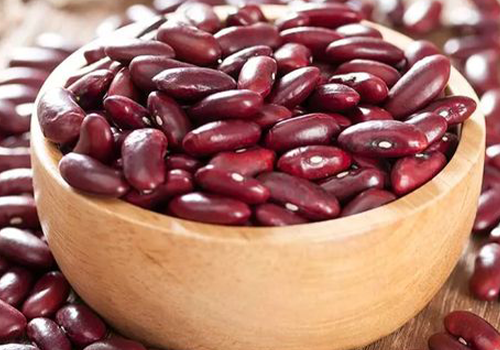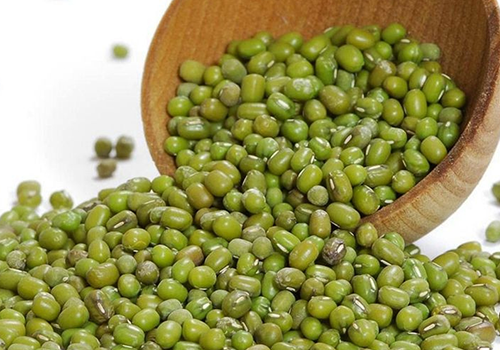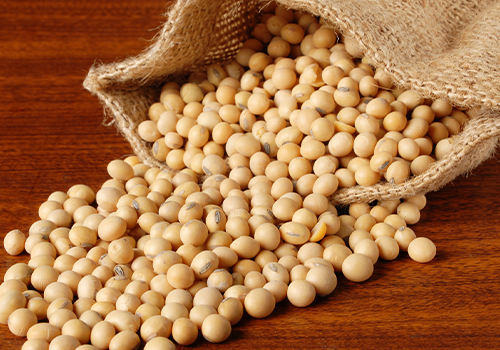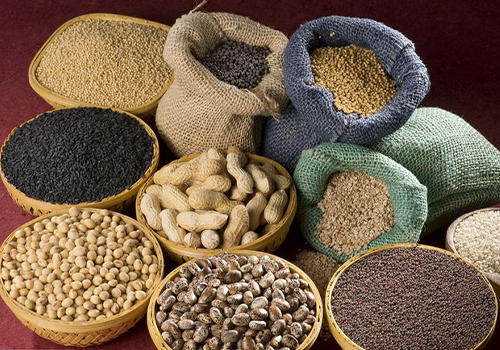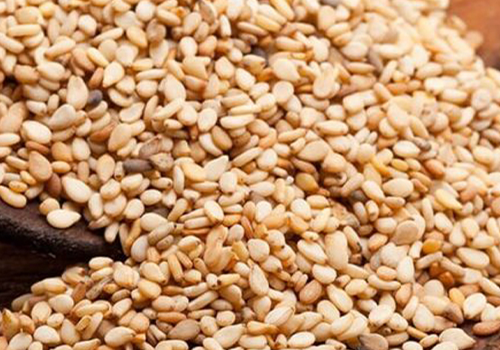
Sesame Seeds Detail
Ethiopian Sesame Seeds, derived from the plant Sesamum indicum, are a highly valued agricultural product in Ethiopia and a key ingredient in the country's culinary and cultural traditions. Ethiopia is one of the largest producers of sesame seeds in Africa, and the seeds are often referred to as "white gold" due to their economic importance and nutritional richness. Sesame seeds are small, flat, and oval-shaped, with a nutty flavor that becomes more pronounced when toasted. They are used in a variety of Ethiopian dishes, such as awaze (a spicy dipping sauce), sils (a sesame-based condiment), and ye mit’in shiro (a spiced chickpea or bean powder mixed with sesame). Beyond their culinary uses, sesame seeds are also pressed to produce sesame oil, which is widely used in cooking and traditional medicine.
In terms of mineral content, Ethiopian sesame seeds are a powerhouse of essential nutrients, particularly calcium, iron, magnesium, phosphorus, and zinc. On average, sesame seeds contain approximately 9-10% calcium, which is vital for maintaining strong bones and teeth, as well as supporting nerve and muscle function. They also provide about 7-8% iron, making them an excellent plant-based source of this mineral, which is crucial for preventing anemia and supporting oxygen transport in the blood. Magnesium, which plays a role in over 300 biochemical reactions in the body, including energy production and muscle relaxation, is present at around 5-6%. Phosphorus, essential for bone health and energy metabolism, is found at approximately 5-6%. Additionally, sesame seeds are rich in zinc, with about 4-5%, which supports immune function, wound healing, and DNA synthesis. The high mineral content of sesame seeds makes them a valuable addition to diets, particularly for individuals at risk of mineral deficiencies.
Beyond their impressive mineral profile, Ethiopian sesame seeds are also rich in healthy fats, protein, and dietary fiber. They contain about 50-55% healthy fats, primarily in the form of monounsaturated and polyunsaturated fats, including omega-6 fatty acids, which support heart health and reduce inflammation. Sesame seeds are also a good source of plant-based protein, providing about 18-20% protein, making them an excellent option for vegetarians and vegans. The dietary fiber content (around 12-14%) aids in digestion, promotes gut health, and helps regulate blood sugar levels. Additionally, sesame seeds are packed with antioxidants, such as sesamin and sesamol, which help combat oxidative stress and reduce the risk of chronic diseases. In Ethiopian cuisine, sesame seeds are often ground into a paste called tahini or used whole to add texture and flavor to dishes. They are also a key ingredient in berbere, a traditional spice blend that is central to Ethiopian cooking. Overall, Ethiopian sesame seeds are a nutrient-dense, versatile food that contributes significantly to both the culinary heritage and nutritional well-being of the Ethiopian people.
